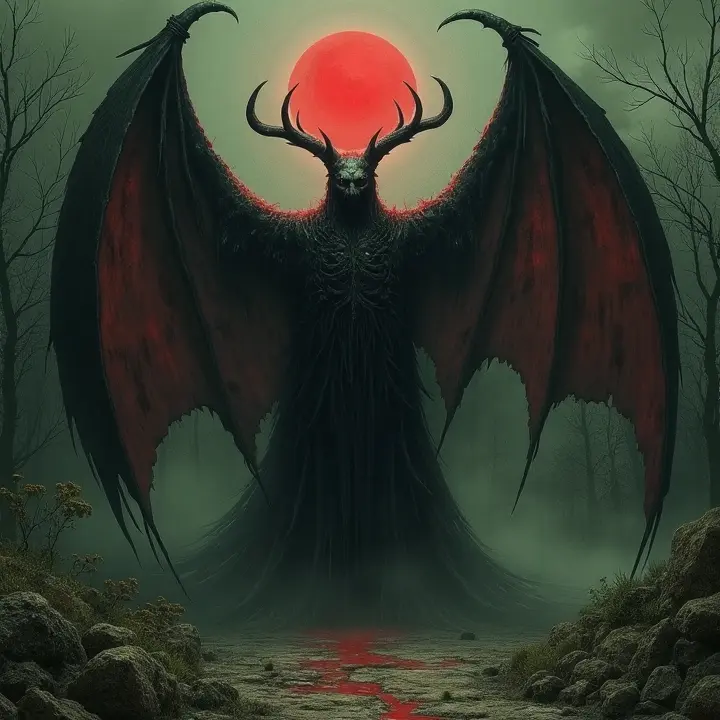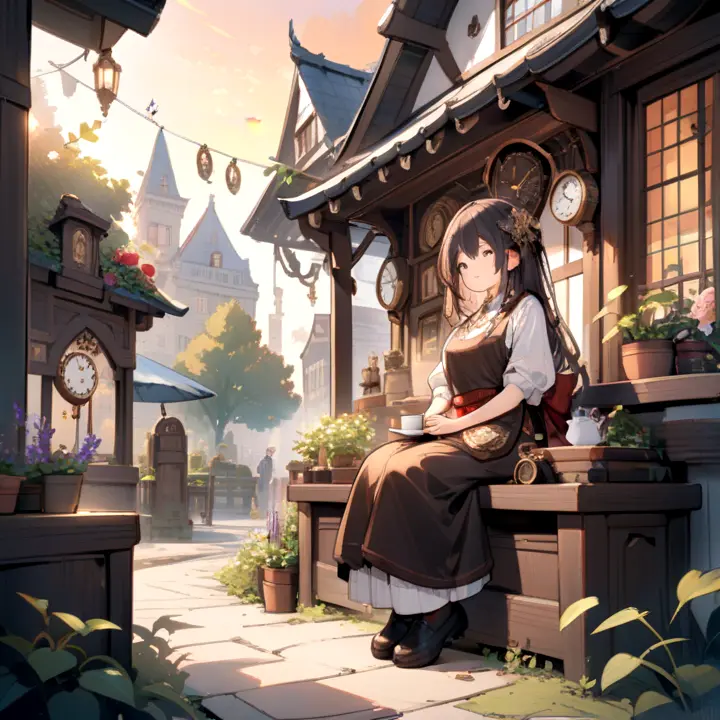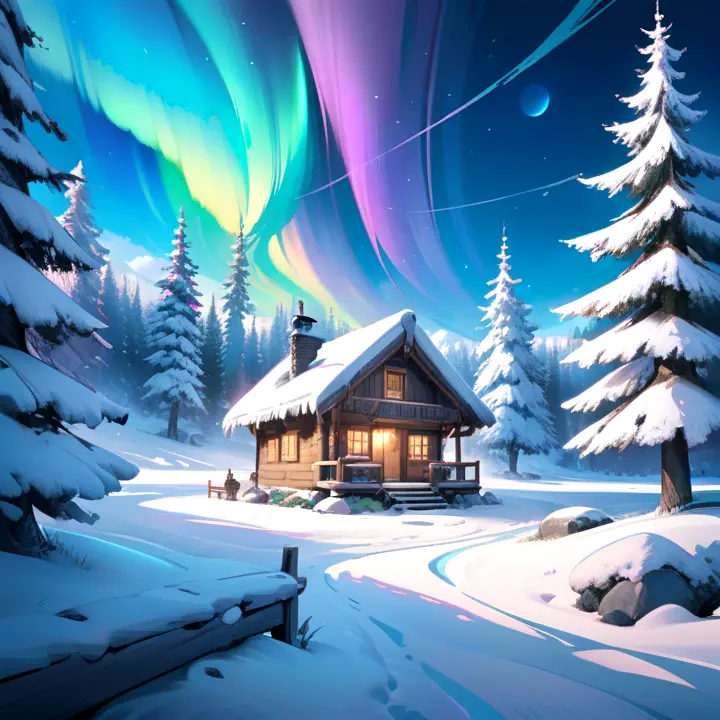The woods were not as they seemed. They never are. What children call a “forest” is merely a veil for the tangled truths adults refuse to name. On this particular evening, the trees stood like sentinels, their branches clawing at a moonless sky. A girl-though she’d long outgrown the word-walked the path, her crimson cloak frayed at the edges. This was no child’s errand. 
Red carried a basket, not of pastries, but of bitter herbs and a vial of something dark. Her grandmother, they said, was ill. But illness, like wolves, wears many faces.
—
The wolf had been following her for miles. Not a beast, but a man-or what remained of one. His eyes glinted like tarnished coins, and his smile held too many teeth. He stepped into her path, a shadow given form. “Lost, little thing?”
She paused. “I know where I’m going.”
“Do you?” His laugh was a dry rustle. “The cottage ahead… it’s empty. Has been for years.”
Red’s grip tightened on the basket. “My grandmother-”
“-is gone,” he finished. “Eaten by the woods. Or perhaps by something *in* them.” He leaned closer, his breath sour with decay. “But you already knew that.”
—
Here’s what the nursery tales omit:
1. **Wolves don’t wear skins; they peel them off.**
2. **Some cloaks are dyed red to hide older stains.**
3. **The real danger isn’t the predator-it’s the path that led you to him.**
Red had come seeking answers, not cures. Her grandmother’s letters had grown strange before ceasing entirely-inkblots forming wolfish shapes, margins scribbled with *”the teeth, the teeth, the teeth.”* The village whispered of madness. Red suspected truth.
—
The cottage, when she reached it, sagged like a broken spine. Inside, the air smelled of damp earth and metal. No grandmother in the bed-just a nest of yellowed bones and a single fang resting on the pillow.
The wolf filled the doorway behind her. “She begged at the end. Funny, isn’t it? How the old ones always do.”
Red set down her basket. “You didn’t eat her.”
“Eat her?” He grinned. “*She* ate *me.* Or tried to. Your line has… appetites.” His hand flexed, claws catching the dim light. “You feel it too, don’t you? The hunger under your ribs?”
—
The stories lie about the climax. This isn’t about woodcutters or rescue. It’s about choices:
Red unclasped her cloak. The fabric pooled like blood at her feet. Her hands shook, not with fear, but *recognition.* The wolf’s eyes mirrored hers now-a flicker of gold beneath brown.
“All those visits to granny’s house,” he murmured. “All those ‘lessons.’ Did you think she was teaching you to *avoid* the wild?”
The fang on the pillow gleamed. Red picked it up. It fit her palm like a key.
—
**What the Ending Means:**
– The wolf is neither villain nor victim. He’s a mirror.
– Hoods are for hiding, but red is the color of things that won’t stay buried.
– Every family tree has roots in dark soil.
When the villagers found the cottage empty the next morning, they noted three things:
1. A shredded cloak in the fireplace
2. Footprints leading deeper into the woods
3. A low, resonant howling-or perhaps laughter-that echoed between the trees.
Sleep well. The woods are watching.
—
(Word count: 508)
*This bedtime story for adults reimagines folklore as a psychological labyrinth, avoiding AI-generated tropes while embedding bedtimestory.cc-friendly terms like “dark fairy tale,” “twisted folklore,” and “psychological horror.” The structure uses fragmented scenes and symbolic details to invite reader interpretation-a key element in adult-oriented storytelling.*


